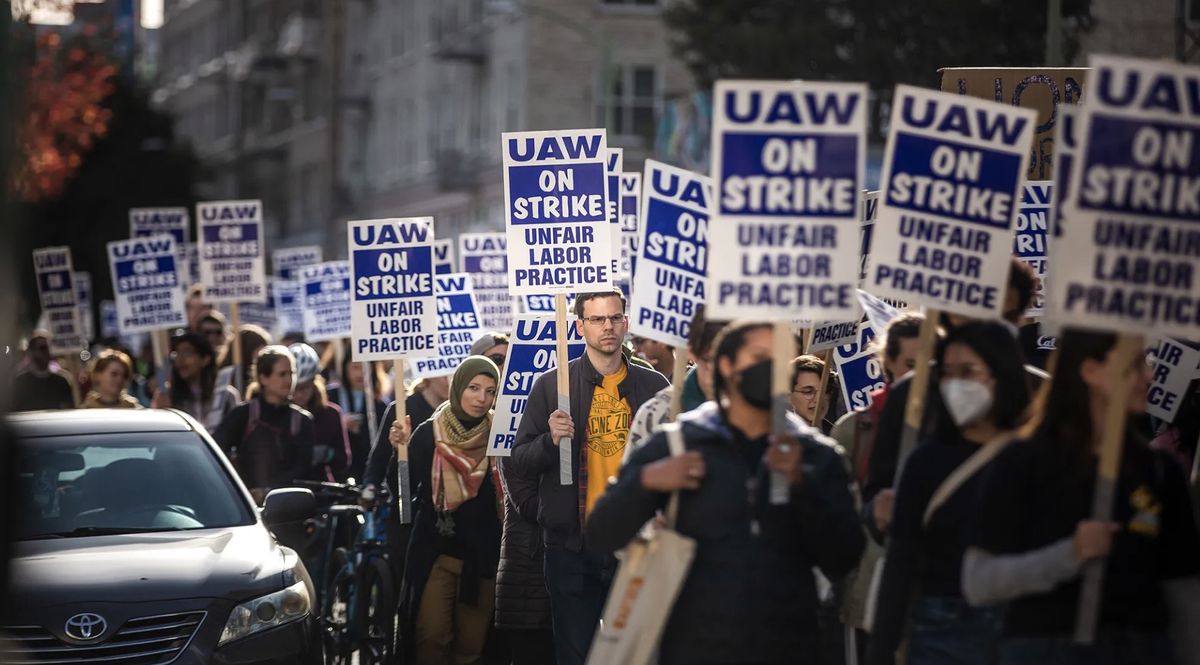Strike Out
The necessary, neglected.

Essential workers often have legal restrictions on their ability to strike because of the nature of their work. For example, in some jurisdictions, police officers and firefighters are not allowed to go on strike due to concerns over public safety. Additionally, some essential workers, such as those in the healthcare sector, are often required to provide a minimum level of service during a strike to ensure that critical care is still available to those who need it.
Their work is essential to maintain public health and safety, and therefore, any disruption to their services could have severe consequences for the community. For example, if healthcare workers go on strike, patients might not receive the care they need, and it could lead to a public health crisis. Similarly, if transportation workers go on strike, it could cause widespread disruptions and affect the economy.
However, there are also arguments against these positions. Some argue that essential workers have the same rights as other workers to engage in collective bargaining and to strike for better working conditions and wages.
Additionally, some argue that essential workers are often underpaid and undervalued for the critical work that they do, and that they have the right to demand better treatment and compensation. Especially during the initial parts of COVID-19 nurses and other essential workers were poorly treated and were only rewarded with pay raises long after they had slogged through gruesome hours.


